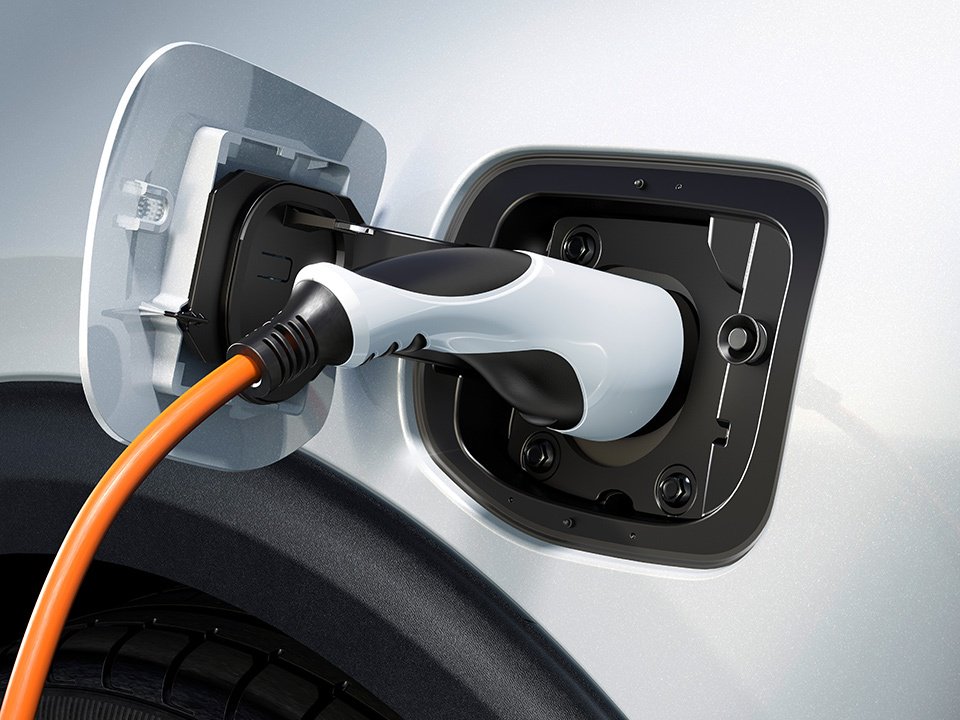(REPOST: edie.NET)
Figures from the Department for Transport (DfT) reveal that electric and hybrid vehicles in the UK have increased from 2,129 five years ago to almost 100,000 by the end of 2016 – an increase of 1,864%.

Increased demand from the UK public for ULEVs has been facilitated by the Government’s announcement that all sales of new petrol and diesel vehicles will be banned from 2040, as part of an Air Quality Plan that seeks to improve national air quality levels.
Following that announcement, vehicle finance provider Moneybarn analysed the DfT data to discover which electric vehicle (EV) models were proving the most popular among the public in 2016.
The analysis revealed that the Mitsubishi Outlander had garnered the highest market share in 2016, with more than 7,500 registrations. The Nissan Leaf was 2,000 sales short of the top position, but did edge out the Mercedes C Class, which was registered 5,164 times in 2016. The Tesla Model S, the Renault Zoe and the Volkswagen Golf all appear in the top 10 for UK sales.
The data highlights the increased variety of vehicles on offer, as high-profile manufacturers pledge to electrify their portfolios. In the last few months, Volvo, Jaguar Land Rover and Volkswagen all unveiled EV initiatives.
This growth is likely to surge over the coming years. The Government’s Clean Growth Strategy will provide a £1bn support scheme for ultra-low emissions vehicles – including discounts on upfront costs on the purchase of an EV.
More than £840m of public funds will be funnelled towards low-carbon transport innovation to accelerate new fuel uses, while the Strategy claims that Government will work with industry to develop an Automotive Sector Deal to accelerate the uptake of zero-emission vehicles.
Moneybarn’s marketing director Simon Bayley commented: “It’s a potentially exciting time for the UK car industry. Electric and alternative energy cars have now moved into the mainstream and are here to stay. With the government investing £1bn in this sector there is an alignment between manufacturers and government that will hopefully encourage consumer purchasing for years to come.”


